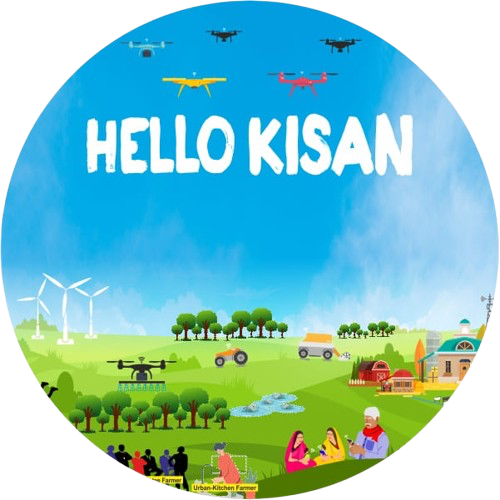
Sustainability & Compliance Tracker of Smart Farm Managers. Parameters For Evaluation 12/14

Farm Management Companies. Labor welfare, biodiversity, certifications, and safety define whether farms survive in future markets.
Step 1 of 4
Review
Sustainability & Compliance
Your Answer:
Sustainability & Compliance
Your Answer:
Sustainability & Compliance
Your Answer:
Sustainability & Compliance
Your Answer:
Sustainability & Compliance
Your Answer:
Sustainability & Compliance
Your Answer:
Sustainability & Compliance
Your Answer:
Sustainability & Compliance
Your Answer:
Sustainability & Compliance
Your Answer:
